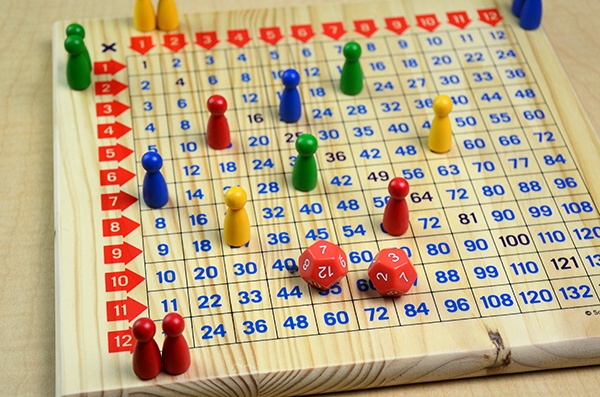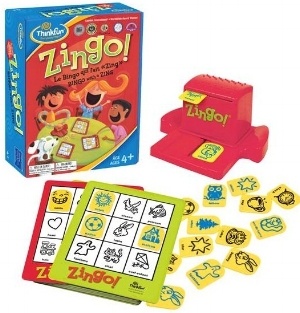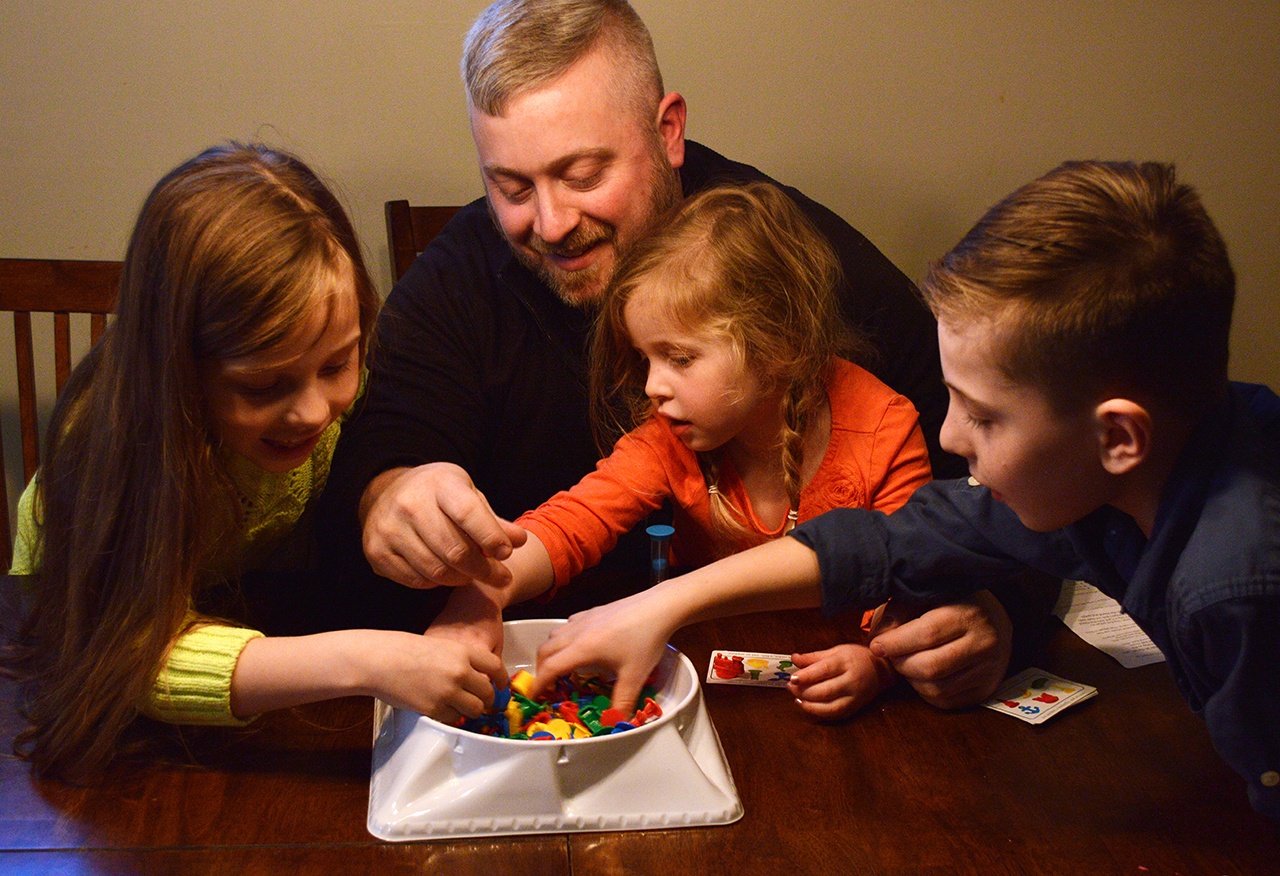Games have so much value in the classroom, but often teachers are afraid of introducing them for fear of diverging from the curriculum, seeming too informal, or because they simply don't know how many great educational games are out there! Not only will games improve student's social skills and the classroom's community atmosphere, but they also help students to learn problem solving, keep them engaged, and even manage stress.
Convinced you need to add some games to your room? Here are some helpful tips on how you can introduce game-based learning into your classroom:
1. Play them yourself first.
This will help you determine which students will most benefit, whether a game is age-appropriate, and how intuitive the rules are. You don't want to be stuck with a game that your students can't figure out how to play!
 Shut the Box and Math Squared (pictured) are both great games for practicing quick math skills
Shut the Box and Math Squared (pictured) are both great games for practicing quick math skills
2. Carve out the time
Come up with a game plan (get it) for when game-time will occur. Are you going to play as a class for one hour a week, or will it be an area in your classroom where students can go when they finish their work early? If you plan for this time, it is more likely to become a routine.
 Zingo Bingo French is a great way to get your students engaged with learning new French words.
Zingo Bingo French is a great way to get your students engaged with learning new French words.
3. Inform parents and administration of your new plan
When a student goes home and tells their parents that they played games for an hour in school that day, you may get a confused parent email or two, so why not nip that in the bud early? Include your new game-based learning plan in your monthly newsletter to update everyone on what is to come. Include a couple links to research about the benefits, and who knows, you may even encourage parents to pick up a couple games for their families too!
4. Not all games have to be competitive
Worried that your classroom will evolve into the Hunger Games with all the competition? Don't forget about cooperative games. There are lots of cooperative games out right now that encourage players to work as a team to win the game, rather than competing against each other. Games like this are great for creating a classroom community.
 Escape the Room by Thinkfun would be a great addition to a classroom.
Escape the Room by Thinkfun would be a great addition to a classroom.
5. You can still assess, don't worry!
There are many different options for assessing how students are progressing with games, depending on what kind of outcomes you are expecting. Class discussion is always a great way to hear opinions: Which games are their favorites?, Which are the hardest? You can also create a self assessment/self reporting structure that reminds students to reflect on their learning.







